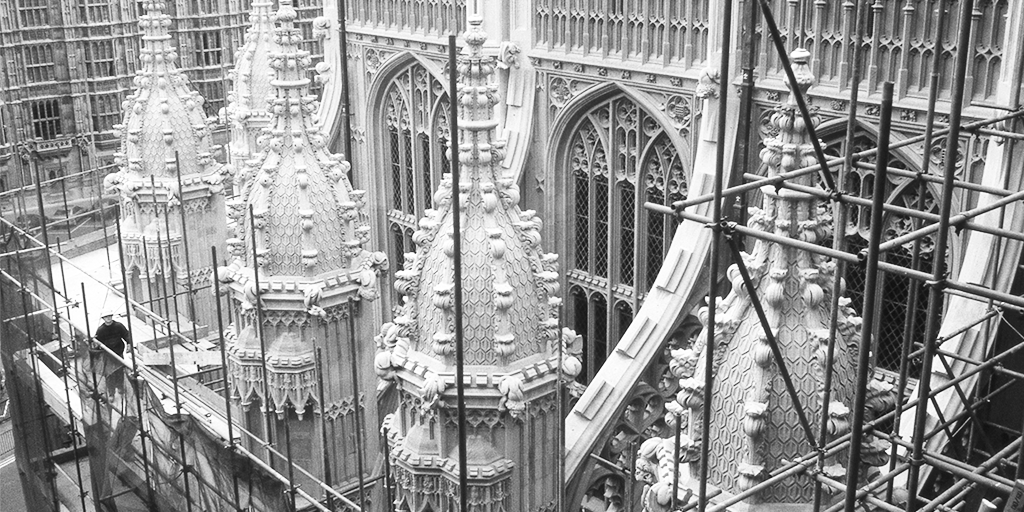Context of Perception
As Russell would put the point in the 1940s, when we are looking at a table as we walk away from it, what we see shrinks continually; but the table does not shrink; therefore, what we see simply cannot be the table itself. What we see, rather, is only what is given to sense, and the full account will have to involve the physics of light and the physiology of the brain and of the organs of sense as much as it involves the properties, to the extent that these can be known, of any external object. But if we have to take account of what the perceiver brings to the instance of perception in order to make any sense at all of what perception is, then it would seem to follow that perception should also be of interest to philosophers when there is no external object at all—or at most an illusion of one.
–Wired



